
NOW IN THEATERS! Stephen Soucy’s Merchant Ivory wraps the viewer in a blanket of cozy nostalgia while relating the history of the wonderful, elegant films of Ismail Merchant and James Ivory. The documentary, co-written by Soucy and Jon Hart, features interviews with many remaining Merchant Ivory filmmakers, including producer Paul Bradley, who explains that Ivory directed and Merchant produced “independent films of huge ambition with limited resources.” Yet, the films are lavish, costume-centric period pieces despite the budget. Merchant was an absolute master at making much from little and sometimes much from nothing.
Merchant grew up in India immersed in Bollywood films. Ivory is from a small town in Oregon and graduated from the University of Oregon with a degree in fine arts in 1951. He made his first film during his Master’s work at the University of Southern California School of Cinematic Arts. When the partners first met, they bonded instantly. When they began making movies, they were joined by screenwriter Ruth Prawer Jhabvala. All three were principals in Merchant Ivory Productions, whose films have won seven Academy Awards; Ivory himself has been nominated for four Oscars, winning one. The music of composer Richard Robbins was the fourth key element to making these films distinct and powerful.
Merchant Ivory joyfully fulfills the mission of educating and entertaining, infused with the tremendous delight and loyalty of all those who worked with this seemingly magical production group. Their films were intensely emotional and intellectual, largely being pulled from the works of literary giants such as Henry James and E.M. Forster. Despite running the operation on a shoestring, Merchant kept it all grinding along with his buoyant spirit and boundless energy. He also kept Ivory moving along when he got bogged down in perfectionist details.
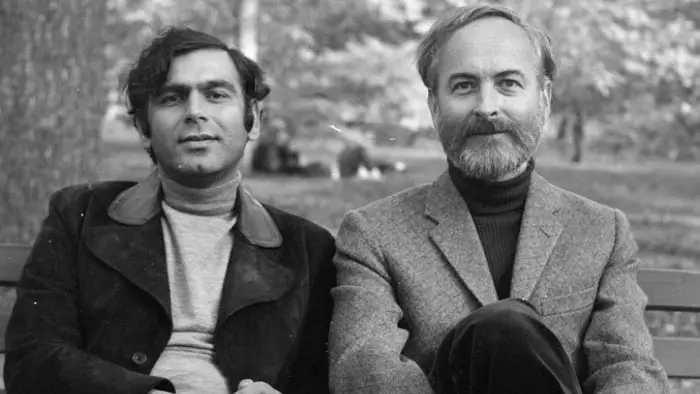
“…the history of the wonderful, elegant films of Ismail Merchant and James Ivory.”
There was another element to the team that was one of those secrets that wasn’t really. Merchant and Ivory were personal romantic partners. They lived together for decades, in close proximity to their team, but their lifestyle was not discussed outside of family or friends. In those days, being openly gay was a deal-breaker for business and, in many places, was illegal. Ivory talks about Mr. and Mrs. Bridge being parallel to his childhood. They made Maurice a meditation about being gay in a time and place where your very existence is prohibited by law.
Soucy includes profiles of foundational films such as The Remains of the Day, with brilliant interviews with Emma Thompson. He also captures wonderful reminiscences from Hugh Grant, Helena Bonham Carter (who starred in A Room With a View), and many other actors and filmmakers involved with Merchant Ivory productions. The doc points out that it was not always smooth sailing during the productions. They were always short on time and money. Also, creative differences erupted frequently. The noisy, spirited arguments between the two were legendary. Ivory made one more film after Merchant’s untimely death in 2005. He was, of course, devastated, along with all of Merchant’s close friends and family. Merchant was larger than life and, ultimately, the engine that powered the relationships and the productions.
For existing fans, Merchant Ivory is a comfortable walk through the memories, filling in details you didn’t know and may remind you of parts of the catalog you’ve missed out on. For both original fans and those perhaps not as familiar, Soucy’s documentary pulls back the curtain on the fascinating lives of everyone lucky enough to move in the orbit of Ismail Merchant and James Ivory. The director reveals how so many marvelous films were made. Merchant is given the last word on the enduring legacy they left: “There has to be a special feeling about your work, a passion about your work, a commitment about your work, and if that is the case, then it never dies, you see. Anything is possible.”
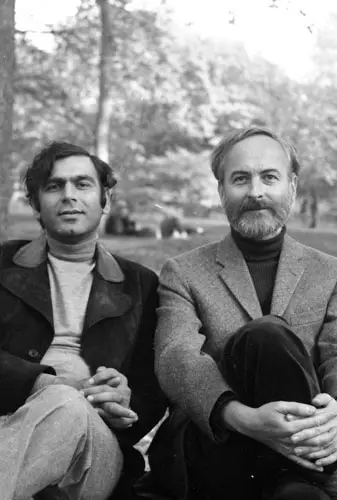
"…may remind you of parts of the catalog you've missed out on."
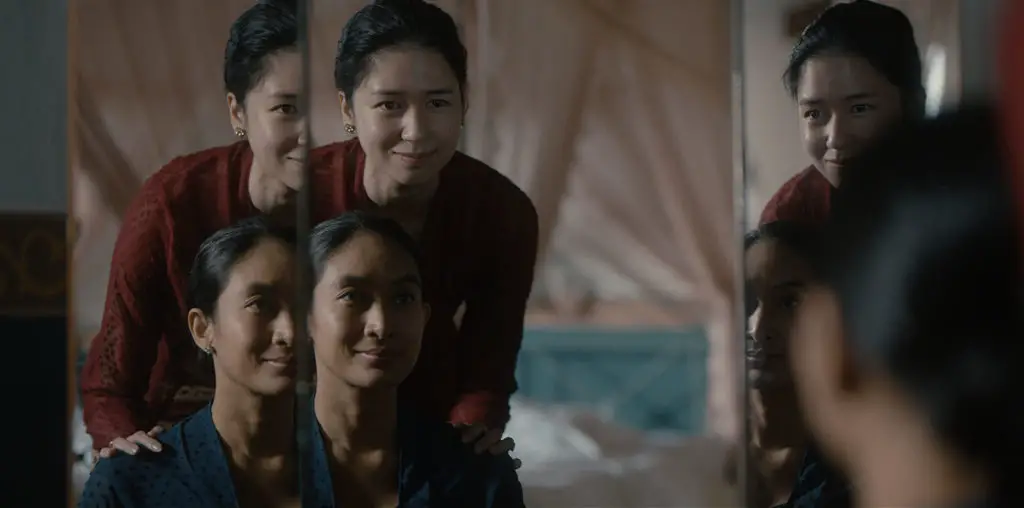
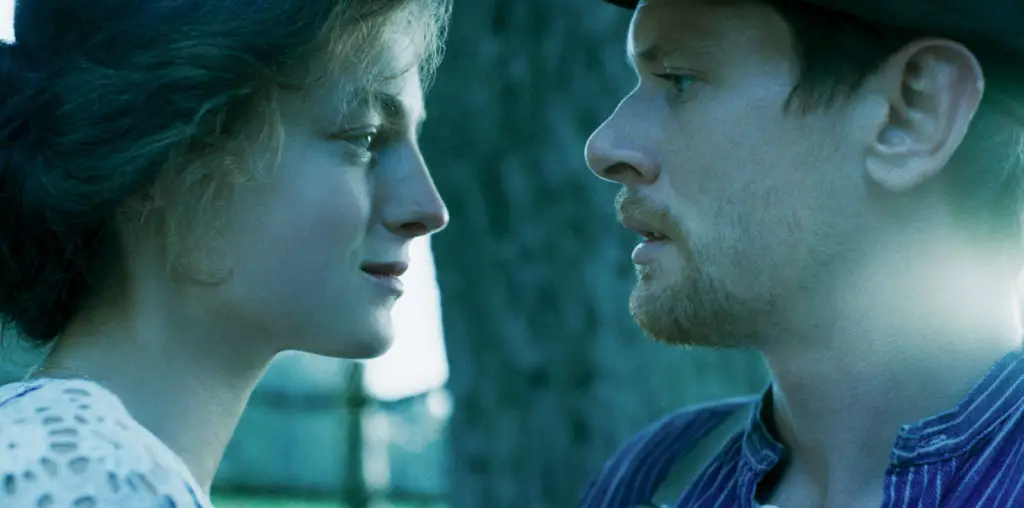
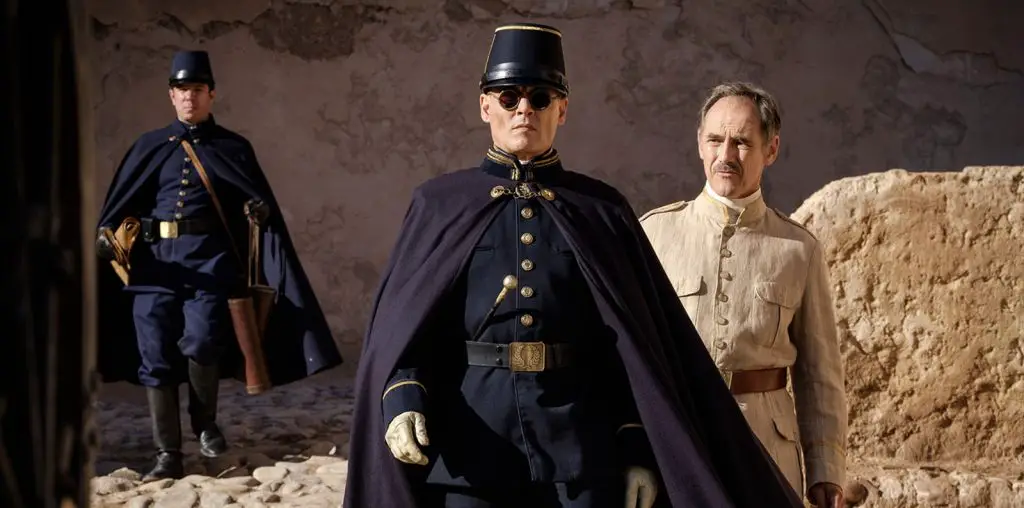
Having had the privilege of seeing Soucy’s film before it premiered I wholeheartedly agree with this review and the movie’s score. It’s a fitting and lovingly captured tribute to a rare and remarkable producing team.